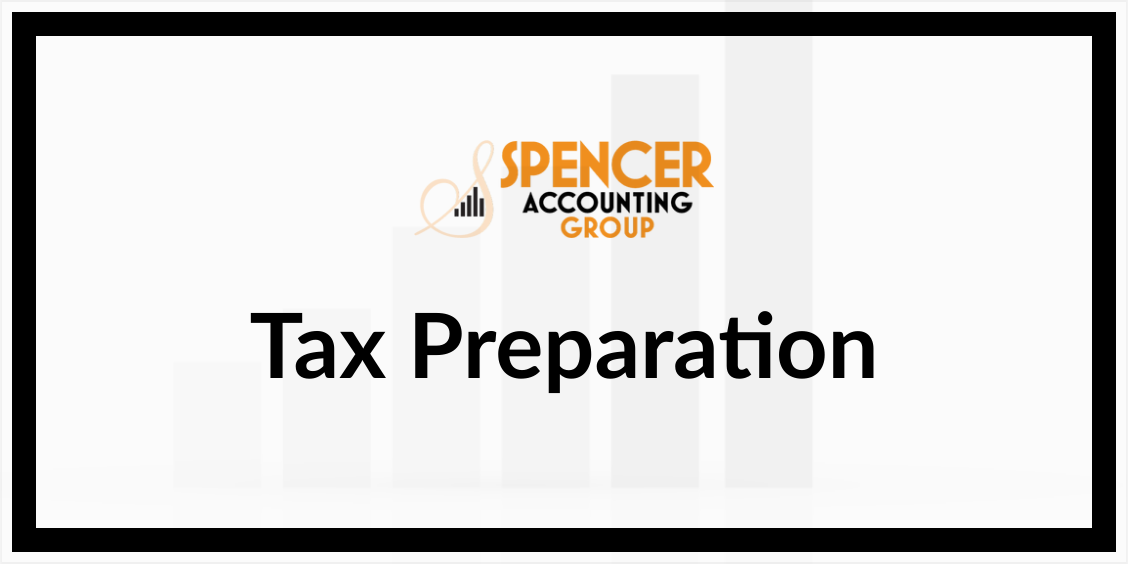|
The Ponzi scheme is an investment fraud where the schemer uses invested money to create fake investment returns.
According to an article at CNBC.com, authorities uncovered 60 alleged Ponzi schemes last year involving a total of $3.25 billion in investor funds—the highest amount since around the time of the Great Recession. The Great Recession (2007–2009) revealed the famous Bernie Madoff Ponzi scheme and led both lawmakers and the IRS to create helpful actions for taxpayers, such as the safe harbor described in this article. Thank goodness. And here’s more good news: the Tax Cuts and Jobs Act (TCJA), which crushed most theft losses for tax years 2018–2025, allowed the IRS tax-favored Ponzi scheme loss deduction rules to remain in place. What the Safe Harbor Does for the Taxpayer The IRS will not challenge a Ponzi scheme victim who uses the IRS tax relief safe harbor as to the following treatments of the loss:
The tax relief safe harbor truly simplifies the Ponzi scheme theft-loss deduction for the victim. The IRS frequently disagrees with theft-loss deductions. The rules for deduction and the different interpretations of the facts generate a good number of conflicts and enough litigation to make this safe harbor appealing. How Individuals and Businesses Claim the Ponzi Scheme Loss Deduction Say a thief breaks into your home and steals $100,000 worth of your belongings. Your personal theft-loss deduction is zero if the loss is not attributable to a federally declared disaster. That’s the way it is under the TCJA rules for 2018–2025. But the individual who mistakenly invested in a Ponzi scheme did so for the purpose of making a profit. Tax law treats this theft differently from the theft that occurs when someone breaks into your home and steals your jewelry. Because of the profit motive, the Ponzi scheme theft is fully deductible as an itemized deduction. Note the “fully” deductible part. The loss is not a capital loss that’s limited to the $3,000 ceiling. It’s a fully deductible theft loss—and as you see below, it can produce an NOL. The business treatment of the Ponzi scheme loss produces a full deduction as well, albeit as a business casualty loss. Subsequent Years Once you make the safe-harbor calculation and deduct the 95 percent or 75 percent, you may collect a different amount in a subsequent year. That’s no problem. If you receive additional income, you report that additional income in the year of recovery under the tax benefit rule (to the extent that you received a benefit from the earlier deduction). Should the amount of your loss increase because you collect less than the amount of the claim that you established as a reasonable prospect of recovery, you deduct the additional loss in the year that you can identify that additional loss with reasonable certainty. Ponzi Scheme Loss Carryback as an NOL The individual taxpayer who becomes a theft-loss victim may treat his or her theft loss as a loss from a sole proprietorship for purposes of computing the NOL deduction. Planning note. If you qualify for a 2020 Ponzi scheme loss deduction and that deduction produces an NOL, you carry that loss to your 2015 tax year—or you can elect to forgo the carryback and instead carry the loss forward. If you have had the misfortune of investing in a Ponzi scheme, please contact us so that we can get on top of this early on.
0 Comments
Leave a Reply. |
We're Here to HelpGet advice from our experienced network of financial managers. If you Value our Blog, We have an ask.We spend hours researching data to help you understand your finances and taxes, including historical context, issues, and solutions. Our goal is to empower people to improve their relationship with money. Please consider a $3 donation today. Important Disclosures
Spencer Accounting Group, LLC does not provide investment, tax, legal, or retirement advice or recommendations in these blogs. The information presented here is not specific to any individual's personal circumstances. AuthorKeana Spencer is an Accountant, Entrepreneur, and Educator to her clients, with a strong passion. Keana has over 10 years of experience and through her practice, she is a source of knowledge and strategies to her clients. |


 RSS Feed
RSS Feed




